Posted on 7/29/2025
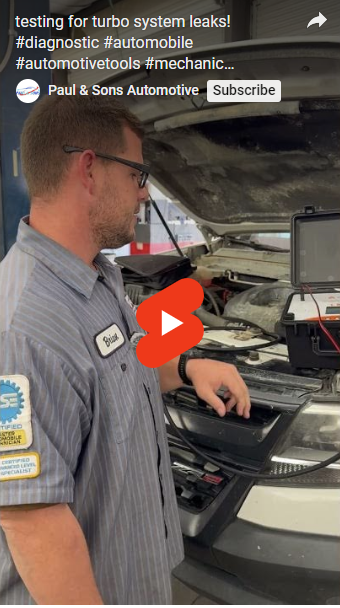
Smoke testing is a powerful diagnostic technique used in automotive repair, particularly effective in identifying leaks within turbocharged systems. In vehicles equipped with turbochargers, even the smallest leak in the intake, vacuum, or exhaust pathways can result in a significant drop in performance, turbo lag, overboost or underboost conditions, and poor fuel economy. This method involves introducing a dense, non-toxic smoke into the intake or vacuum system to visually trace the path of air and identify any unwanted escapes. When applied to turbocharged engines, smoke testing can reveal critical issues such as boost leaks at couplers, charge pipes, intercoolers, vacuum line cracks, or faulty gaskets. These leaks are often difficult to detect during normal operation because they may not cause immediate check engine lights or easily noticeable symptoms. By simulating engine operation without actual airflow or combustion, smoke testing allows technicians to pinpoint the location of a ... read more
Posted on 7/18/2025
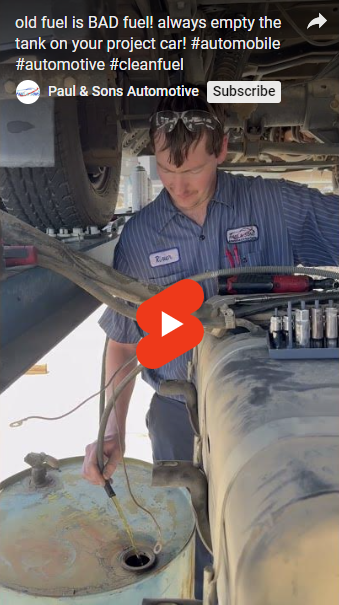
Fuel Degradation Gasoline begins to break down and lose its volatility after about 3–6 months (even faster with ethanol blends). Old fuel becomes gummy and sticky, which can: Clog fuel lines, filters, and injectors Make starting the engine difficult or impossible Reduce combustion efficiency 2. Water Contamination Over time, condensation can form inside a sitting fuel tank, especially if it's not full. This introduces water into the fuel system, which: Can cause rust inside the tank and lines Leads to poor engine performance May trigger corrosion in fuel system components 3. Sludge and Varnish Buildup Old fuel leaves behind residues that gum up critical components: Fuel pumps and injectors can seize or clog Carburetors (on older vehicles) may become unusable The fuel f ... read more
Posted on 11/20/2024
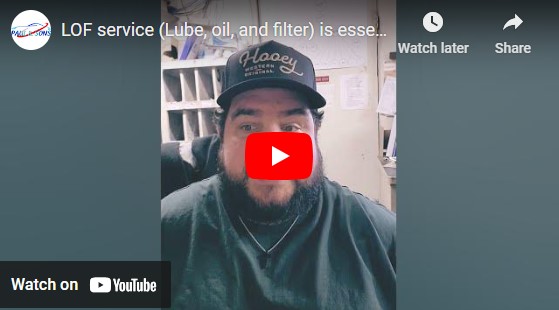
The Importance of Regular Oil Changes for Your Vehicle’s Longevity Regular oil changes are one of the most fundamental maintenance tasks for keeping your vehicle running smoothly. While it might seem like a minor detail in the grand scheme of car ownership, skipping oil changes can lead to major problems down the road. In this blog, we’ll explore why oil changes are so important, how they benefit your vehicle, and the potential consequences of neglecting them. 1. Lubrication and Engine Protection The primary function of motor oil is to lubricate the moving parts inside the engine. The engine is full of metal parts that are constantly moving and rubbing against each other. Without adequate lubrication, friction increases, which can lead to overheating, premature wear, and, eventually, engine failure. Fresh oil helps to maintain a thin protective film between these parts, reducing wear and tear and ensuring that your engine runs smoothly ... read more
Posted on 11/13/2024
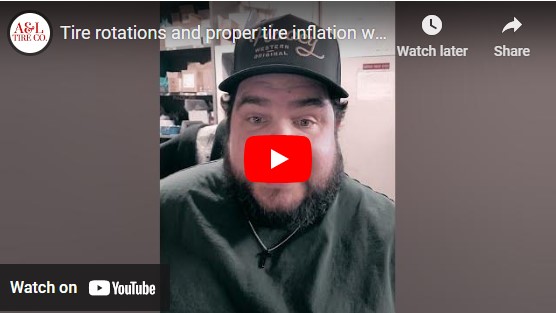
Tire rotations are important because they ensure even wear across all four tires, promoting balanced handling, better traction, and improved fuel efficiency. Regular rotations help extend the lifespan of your tires, prevent uneven tread wear, and contribute to a smoother, safer ride. Neglecting tire rotations can lead to premature tire wear, reduced performance, and higher replacement costs
Posted on 10/24/2024
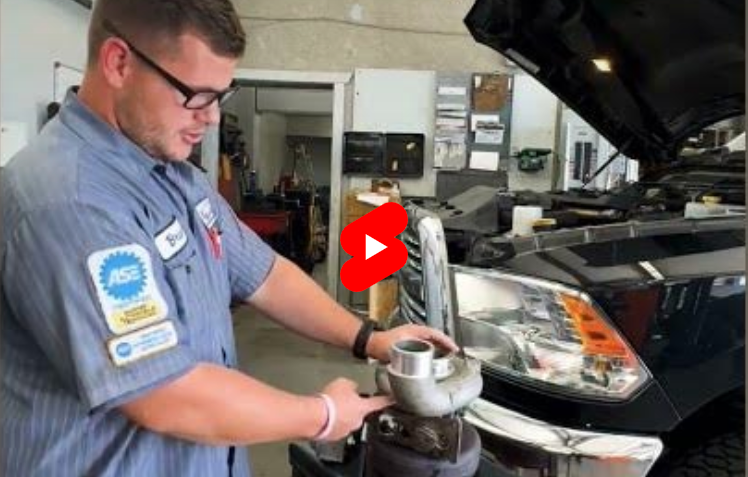
Loss of Power: Noticeable decrease in engine performance and acceleration. Excessive Exhaust Smoke: Blue or black smoke from the exhaust may indicate oil or fuel issues. Whining or Grinding Noises: Unusual sounds coming from the turbocharger, indicating wear or damage. Check Engine Light: Activation of the check engine light, often linked to turbo-related issues. Oil Leaks: Oil around the turbo area can suggest seal failure. Poor Fuel Economy: Decreased efficiency due to turbo malfunction
Posted on 9/13/2024
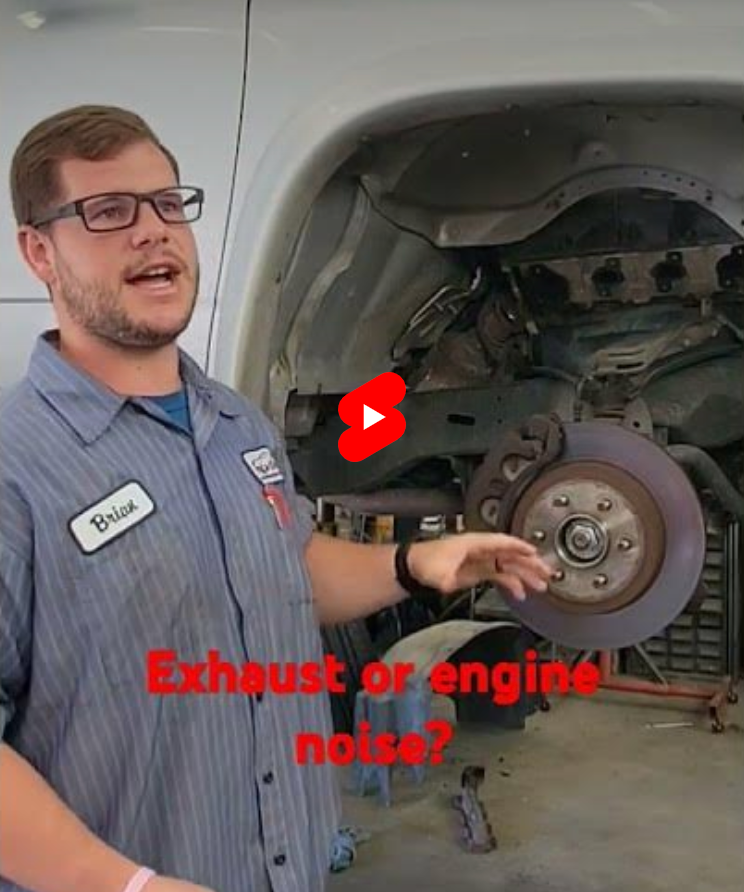
Engine noise and exhaust noise come from different parts of a vehicle and have distinct characteristics: Engine Noise: Source: Comes from the internal components of the engine such as pistons, valves, and the crankshaft. Characteristics: Often described as a rhythmic or mechanical sound, which can vary based on engine speed (RPM), load, and type of engine (e.g., V6, inline-four). It includes noises like knocking, ticking, or rumbling. Control: Can be affected by engine condition, maintenance, and design. Proper tuning and maintenance can reduce unwanted noise. Exhaust Noise: Source: Produced by the exhaust gases exiting through the exhaust system, including components like the muffler, resonator, and exhaust pipes. Characteristics: Typically a more consistent sound compared to engine noise, characterized by a growling, rumbling, or booming noise. It’s influenced by the design and condition of the exhaust system. Control: Can be managed by cha ... read more
Posted on 9/11/2024
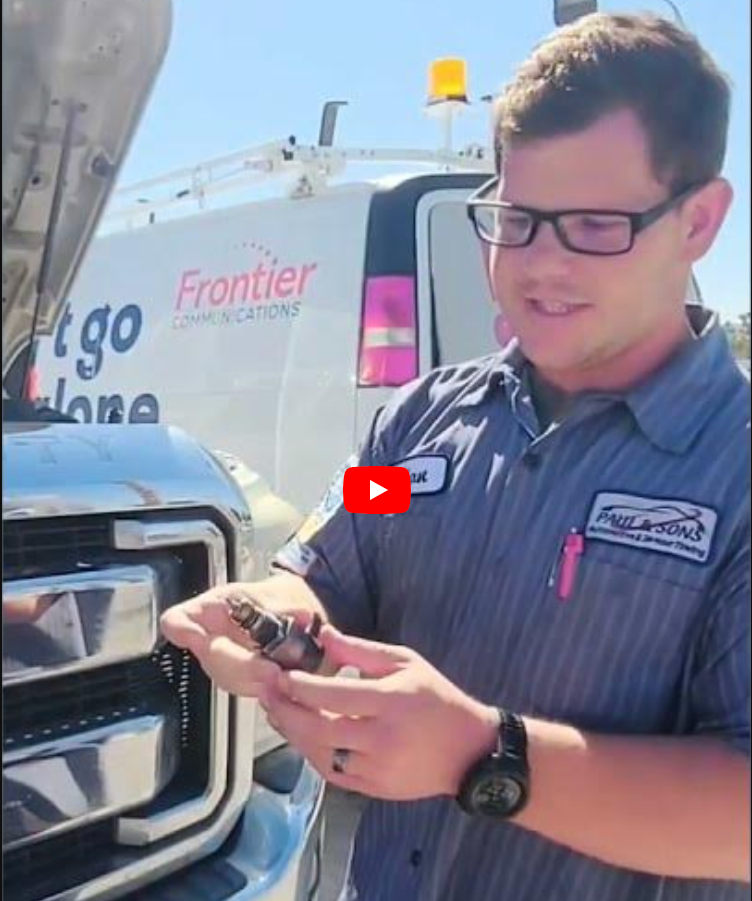
A clogged fuel pressure regulator in a diesel truck can indeed cause it to die on the road, and here's how that happens: Fuel Flow Disruption: The fuel pressure regulator's job is to maintain the correct fuel pressure in the fuel system. If it becomes clogged, it can disrupt the flow of fuel. In a diesel engine, fuel is critical for maintaining the correct air-fuel mixture for combustion. When the regulator is clogged, it can either cause too much or too little fuel to reach the engine. Inconsistent Fuel Pressure: A clogged regulator can lead to fluctuating fuel pressure. Diesel engines rely on a steady fuel pressure to operate smoothly. If the pressure is inconsistent, the engine might not get the right amount of fuel at the right time, which can cause it to run poorly or stall. Engine Stalling: If the regulator is clogged to the point where it severely restricts fuel flow, the engine might not get enough fuel to sustain op ... read more
Posted on 9/4/2024
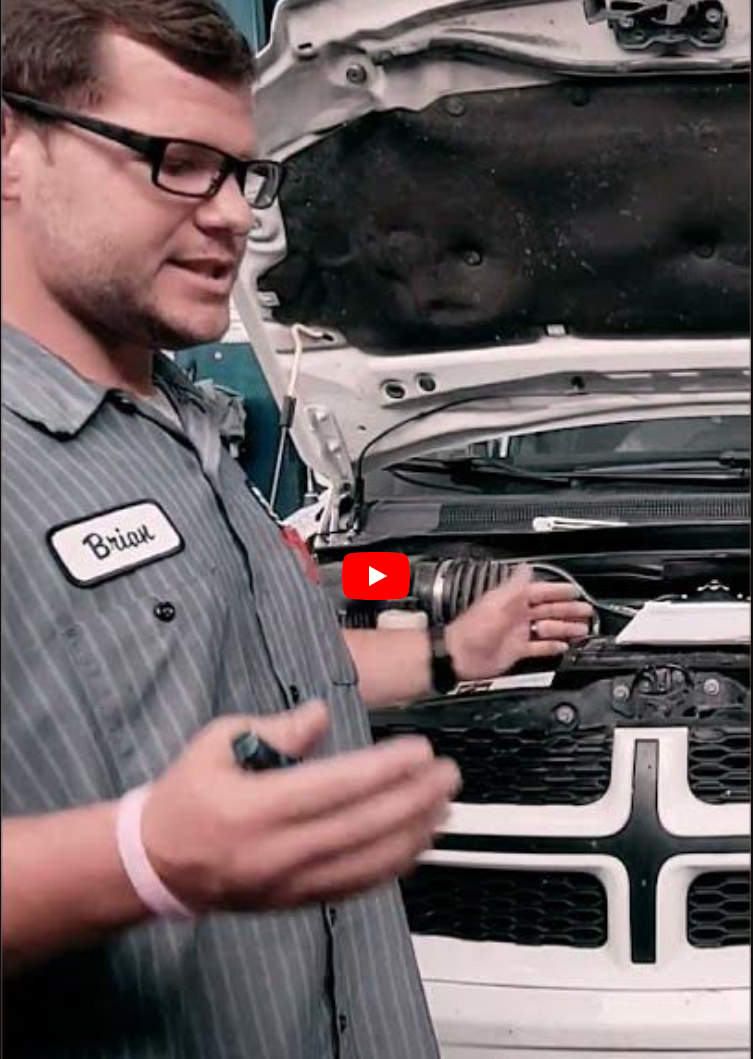
There are several common reasons why your car might be leaking oil: Gasket or Seal Failure: Gaskets or seals in your engine, such as the valve cover gasket or oil pan gasket, can deteriorate over time and start leaking. Oil Filter Issues: If the oil filter is not properly installed or if it's damaged, it can cause oil to leak. Oil Pan Damage: The oil pan can become damaged from road debris or impact, leading to leaks. Cracked Engine Block: Although less common, a crack in the engine block can lead to significant oil leaks. Loose or Damaged Oil Drain Plug: The oil drain plug, located at the bottom of the oil pan, can become loose or damaged, causing oil to leak
Posted on 8/16/2024
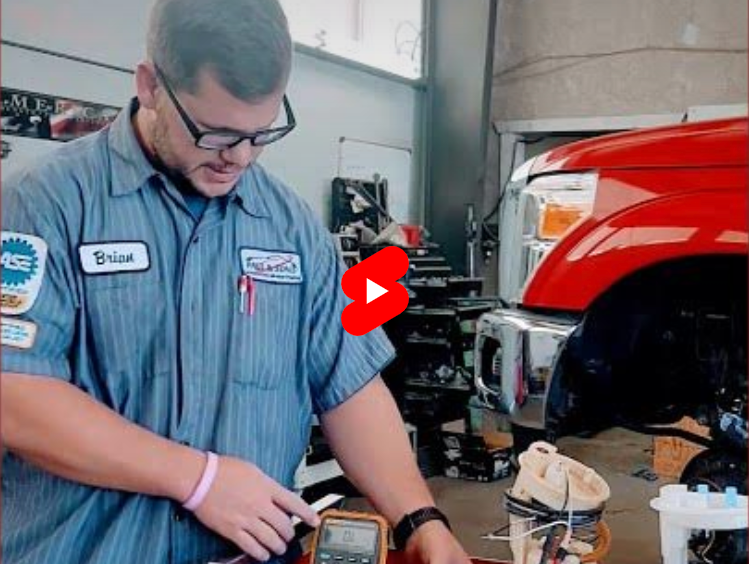
Faulty Fuel Sender Unit: This unit, located in the fuel tank, sends the fuel level information to the gauge. If it fails, the gauge may read incorrectly or not at all. Bad Fuel Gauge: The gauge itself might be malfunctioning or have an electrical issue. Wiring Issues: Damaged or loose wires between the fuel sender and the gauge can cause problems. Blown Fuse: A fuse related to the fuel gauge system might be blown. Grounding Issues: Poor grounding can disrupt the signal and affect gauge readings
Posted on 8/13/2024
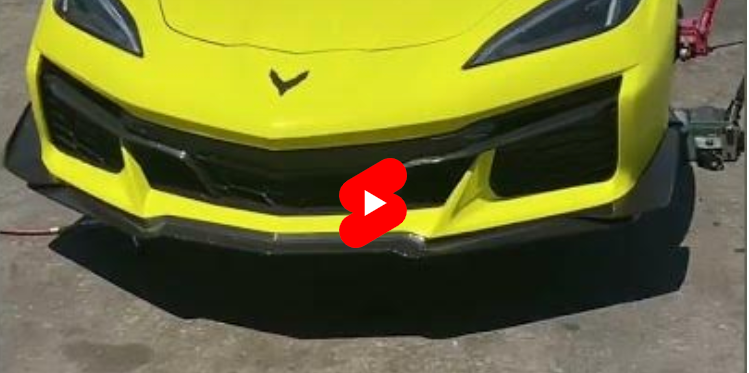
At A&L Tire Company, located at 317 W. Inyokern Rd, we specialize in premium tires and wheels for exotic vehicles. Enhance performance and style with our top-notch services tailored to your high-end ride. From custom wheel fittings to precision tire installations, trust us to keep your exotic vehicle in peak condition. Drive with confidence and sophistication—visit us today! A&L Tire Company 317 W. Inyokern Rd Your destination for excellence in exotic vehicle care.